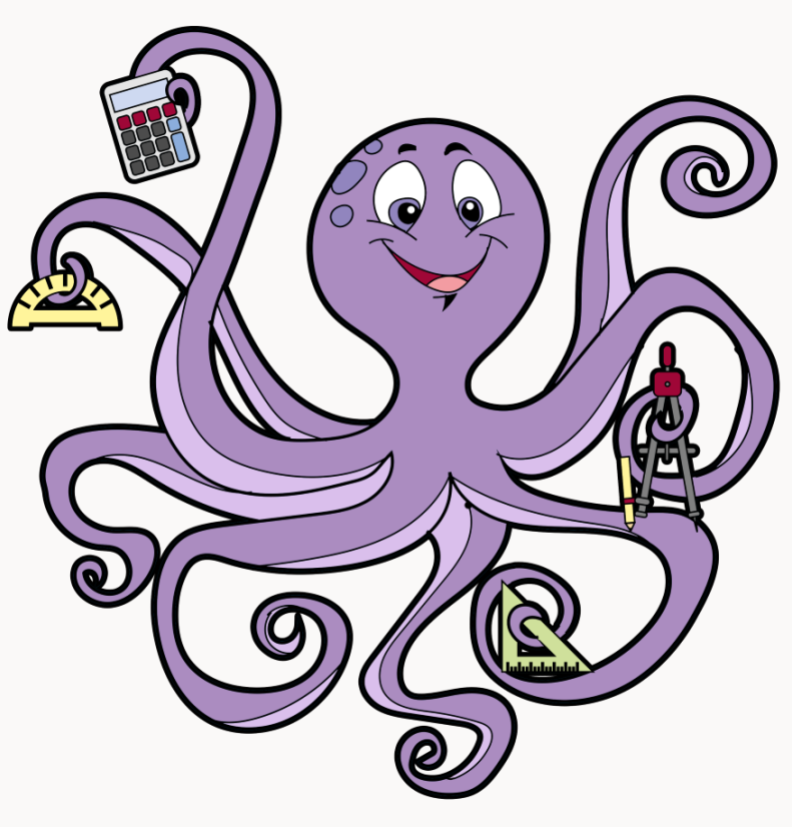Maths
 Meet Lovelace - named after the pioneering mathematician, Ada Lovelace. Ada Lovelace's work with Charles Babbage in the nineteenth century, paved the way for modern computer technology. We hope that Lovelace will inspire your child to be excited about mathematics and where it can take them!
Meet Lovelace - named after the pioneering mathematician, Ada Lovelace. Ada Lovelace's work with Charles Babbage in the nineteenth century, paved the way for modern computer technology. We hope that Lovelace will inspire your child to be excited about mathematics and where it can take them!
Our Curriculum
Our mathematics curriculum provides children with high-quality learning opportunities. At Holy Trinity, the curriculum is designed to meet the aims of the National Curriculum and ensure that all pupils:
- become fluent in the fundamentals of mathematics
- reason mathematically by following a line of enquiry
- can solve problems by applying their mathematical knowledge to a variety of problems
Resilience and perseverance are essential for success in mathematics and our curriculum encourages the development of these qualities. Through effective mastery approaches, children are taught to make rich connections between mathematical ideas, to develop fluency, mathematical reasoning and competence in solving increasingly sophisticated problems and to apply their mathematical knowledge to science and other subjects.
Mathematics is taught daily and explicitly from Early Years to Year 6. The expectation is that the majority of pupils move through the curriculum at broadly the same pace. However, pupils who grasp concepts rapidly are challenged using rich and sophisticated problems before any acceleration through new content. Those who are not sufficiently fluent with earlier material are given opportunities to consolidate their understanding, including through additional practice (same day support), before moving on.
We use high-quality resources to enhance and support teaching and learning; to ensure consistency of approach and standards, and to give children opportunities to practise varied fluency, reasoning and problem-solving in their daily maths lessons. We use resources which are research-based and designed by experts, planning for children to take carefully sequenced small steps through the different areas of mathematics, while reinforcing the learning behaviours that we encourage in all aspects of learning at Holy Trinity.
Teachers use resources flexibly, giving them the autonomy to decide on the best way to support the children in their class. Lessons are structured in such a way that allows children to explore concepts (using concrete resources if required), share ideas and have methods and models demonstrated by the teacher before moving on to independent practice (varied fluency, reasoning and problem-solving). Children are encouraged explicitly to make links between concepts.
Key mathematical facts (number bonds, times tables etc.) are practised to the point of automaticity during fluency sessions, building confidence and flexibility in mathematical thinking. From year 3, we use TTRockstars to build fluency and recall of timetables alongside the teaching of multiplication as part of our curriculum.
Maths learning provides children with appropriate challenge and supports them to build perseverance and resilience in the face of a tricky problem. Children make links within their learning with increasing independence and are taught to apply their knowledge of key skills, methods and models to reason and solve problems efficiently and accurately. Children explore new concepts and are taught and encouraged to ask questions of each other and adults to deepen their understanding.

